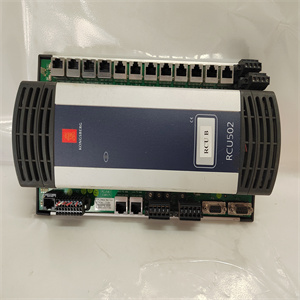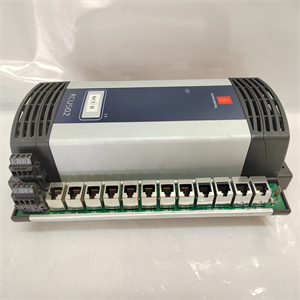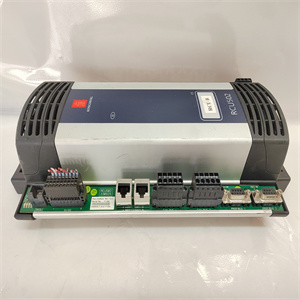
RCU502
RCU502 Module: A Comprehensive Overview
Understanding the RCU502
The RCU502 is typically a remote controller unit designed to provide a user interface and control functions for various systems, often in industrial or marine applications. Its specific features and capabilities can vary widely depending on the manufacturer and intended use.
Key Features and Specifications
While the exact specifications may differ based on the manufacturer and model, here are some common features and specifications you might find in an RCU502 module:
- Purpose: Remote control and monitoring of systems.
- Interface:
- Display: LCD screen for displaying system status, alarms, and configuration options.
- Keypad: Physical buttons or a touchscreen for user input.
- Communication: Various communication interfaces such as Ethernet, RS-232, RS-485, or proprietary protocols for connecting to other devices or networks.
- Functions:
- System control: Remotely controlling and monitoring system parameters.
- Data logging: Recording system data for analysis and troubleshooting.
- Alarm management: Generating and managing alarms based on system conditions.
- Configuration: Configuring system parameters and settings.
- Environmental:
- Operating temperature: Typically designed for industrial environments and can withstand a wide range of temperatures.
- Humidity: Able to operate in high-humidity environments.
- Vibration: Resistant to vibration, common in industrial settings.
- Physical Characteristics:
- Size: Compact and designed to fit into control panels or enclosures.
- Weight: Lightweight for easy installation.
- Enclosure: Typically housed in a rugged enclosure for protection.
- Power Supply:
- Voltage: Varies depending on the model, but often operates on standard industrial voltages.
- Power consumption: Relatively low power consumption.
Potential Applications
RCU502 modules find applications in a variety of industries, including:
- Marine: Controlling shipboard systems such as engines, pumps, and navigation equipment.
- Industrial automation: Monitoring and controlling industrial processes.
- Building automation: Managing building systems such as HVAC, lighting, and security.
- Oil and gas: Controlling equipment in offshore platforms and pipelines.
Additional Considerations
- Manufacturer: Different manufacturers may offer RCU502 modules with varying features and capabilities.
- Customization: Some RCU502 modules can be customized to meet specific customer requirements.
- Compatibility: Ensure compatibility with other system components before purchasing.
- Documentation: Always refer to the manufacturer’s documentation for detailed specifications and operating instructions.
To provide a more accurate and tailored response, please provide additional information such as:
- Manufacturer: Who manufactures the RCU502 module you are interested in?
- Application: In what specific application is the module being used?
- Specific features: Are there any particular features or specifications you are looking for?
By providing more context, I can help you find the information you need.
Here are some additional questions that might be helpful:
- What is the purpose of the RCU502 in your application?
- What kind of system is it controlling?
- What communication protocols does it support?
I hope this information is helpful. Please let me know if you have any other questions.

RCU502

RCU502
 WhatsApp:+86 18005022363 WeChat: +86 18005022363 /+86 18150887953
WhatsApp:+86 18005022363 WeChat: +86 18005022363 /+86 18150887953  Email:
Email:





